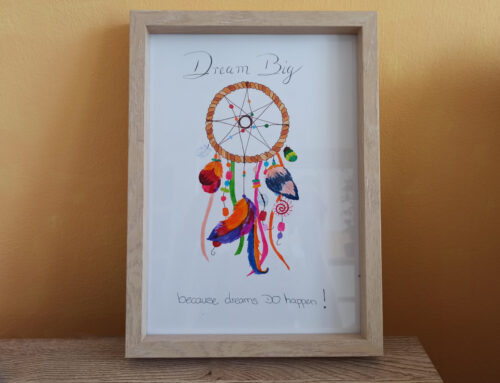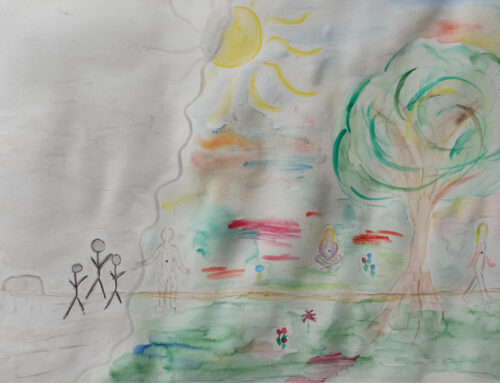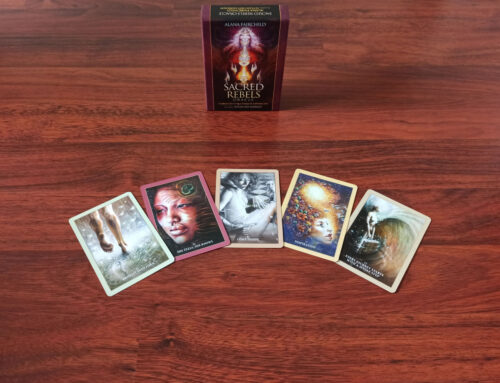Whether that’s something immediately healing or being triggered with the opportunity of healing further down the line isn’t up to you to decide…
Think about it, even being triggered can be a healing experience!
We usually don’t have a problem with people loving to be in our presence. But we may feel quite triggered ourselves when something we’ve said or done triggered something in the other…
What if we saw it like this:
The mere fact of what we’ve said or done is neutral. What’s happening in the other is a mixture of their thoughts and subsequent feelings about it and the neural pathways existing in their brain.
It’s not our responsibility to do anything about it, but their turn to take responsibility for their reaction.
Likewise it’s our responsibility if WE are triggered by something or someone.
A little experiment:
What if we saw “being triggered” not as something with negative connotation, but instead a neutral fact itself?
“Oh, I’m triggered by these words/actions, interesting. Let me explore this.”
Coming at it with a neutral curiosity takes the sting out of the situation and gets us back into the role of an observer, both of the situation and of the reaction in ourselves.
Then we’re open to evaluate the thoughts we have thought and the feelings we have felt in reaction to the “trigger” and understand what that says about ourselves.
Let me give you an example:
Today I had to spontaneously take on the role of lead teacher in a program I’m usually assisting in, and didn’t feel fit for the job. There was a lot of anxiety and resistance and a “Why me?” reaction (which means I took on the role of helpless victim of my circumstances – which wasn’t the case from an objective viewpoint, because I could have said No I won’t do it).
Instead of letting myself be overwhelmed by it all, I chose to become curious about the thoughts that created the reaction and found something interesting:
I knew I could do it. I felt prepared for it. I had trust in my knowledge and abilities as a trainer.
The “problem” was my brain telling me the students would get more out of the session, if the usual lead trainer was there, because her way of teaching is supposedly more valuable.
Ahaaa!! What an interesting thought my brain had come up with.
So I came up with a different thought I prefer to believe instead: The students will get exactly what they need from the session today!
And no, this doesn’t mean I immediately and only think this thought from now on. But I’m closely observing my body and brain, and whenever I feel this sensation of constriction in my stomach and anxiety and pressure rising inside, I can check whether it’s the old thought creeping up again and then tell my brain: “Thank you for trying to make sure I stay safe by alerting me, I hear you and honour your motives, but I’m in the driver’s seat of my life and I prefer to think the new thought.”
It will take a while and some practice, but this way the old neural pathway gets overwritten by the new thought bit by bit and a new pathway is created so that in future situations my first reaction will be different.
This is how we can go about any situation, when WE feel triggered.
But every time someone else gets triggered by something we said or did, instead of taking responsibility and looking for the “flaw” within us (and of course we can have a brief check that we didn’t do harm on purpose, but I believe most oft the time we weren’t), we can choose to see it as their opportunity to learn something about themselves and grow.
And it’s NOT OUR JOB to help them with it (unless they ask and we are willing or get paid) ;-) it’s about them taking responsibility for themselves as we do for ourselves.
So triggering people can be just as helpful and healing for them in the long run, as any healing happening in the moment.











